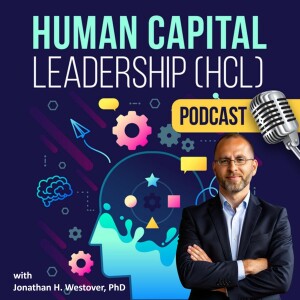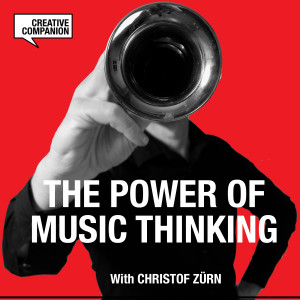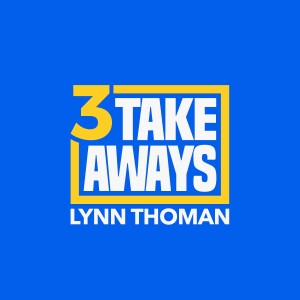From living on a dirt street in rural new Mexico living in poverty as her parents struggled paycheck to paycheck, to rocket scientist, CEO, board member extraordinaire and bestselling author, Sylvia Acevedo’s story is an inspiring story of transformation.
Thanks for listening!
We love our listeners! Drop us a line or give us guest suggestions here.
Quotes
On writing "Path to The Stars:" My Journey From Girl Scout to Rocket Scientist
“I chose middle school because the way the world is evolving, science and technology are embedded in everything that we're doing, and you need to have at least a modicum of understanding about science and technology, and middle school is kind of that last time you can choose those electives and that really what is like an inflection point in your life.”
I was the beneficiary of some great programs like Head Start, obviously the Girl Scouts, but I also had really amazing teachers and mentors, and then I was able to develop skill sets that became extraordinary, that were able to give me opportunities like math, being able to have the kind of math skills to be able to re rocket scientist. It was a confluence of those things that I realized gave me this great opportunity to live a life of my dreams and my potential.
My Girl Scout troop leader taught me to never walk away from a sale until I'd heard “no” three times, and that was so transformational because I had been raised in a Spanish-speaking household and kids are not supposed to speak to adults until adults speak to them, that's a really hard way to sell cookies. it taught me is persistence, resilience, and how do you get to the yes.
Big Ideas/Thoughts
My fourth grade teacher, Mrs. Baldwin, showed us pictures of universities in class one day, one of which was of Stanford. Remember I grew up in the desert Southwest, one of the most extreme deserts. There's the Tundra, there's the Sahara, and then there's the Chihuahuan Desert, and that's that part of New Mexico where I was raised. When I saw the green verdant hills and the red tiled roof and the limestone buildings, I just said, "I want to go there." And I probably meant I just wanted to go there to see it, but she walked to my desk, and she said, "You know, Sylvia, it's one of the best universities in the US and the world, and you're a smart girl and you can go there."
Impact of Girl Scouts
I had the goal and the dream, wanting to work in NASA, or be part of the space program, going to Stanford. I had those adult mentors. I had extraordinary skills and also I had that drive of wanting to leave that for something better.
As I mentioned, my family struggled with money and I was really fortunate that the troop leader that we had said I could be part and do everything, but I had to sell a lot of cookies and use my cookie funds for those programs, and that was so important because there were several things that I learned from that.
For people listening on the call, we all know how to do that, but for a kid who's been raised in near poverty and the circumstances, I didn't know how to do that, so that really was that light bulb moment that taught me that I could have my goals and dreams, which is also why in fourth grade, when that teacher showed me the picture of Stanford, I was able to say, "Okay, what do I need to do? I need to break it down into smaller steps."
CEO of Girl Scouts of USA:
One of the Girl Scout mantras has always been leaving a campsite better than you found it. So, when I became the CEO I got to work!
We created 146 new merit badges during my four-years as CEO, more than at any other time in history, and we also grew the cookie program by about 80 million dollars as well. 126 of the new badges were STEM: coding, cyber. robotics, design thinking vehicles. We did a partnership with General Motors and some with NASA as well, 126 STEM badges that are just really great badges for girls to earn.
Competitiveness in the tech Job Market
When you think about semiconductors, you realize that they're the brains and so much of what we're using to drive and create and power our world.
If you think about the United States and you have a workforce of about a hundred million people, you think, "Okay, in our top 10% is 10 million. You now have a couple of countries; India and China, who can provide more than 10 million people who speak English fluently in our technology advance, and so there is a whole lot more competitiveness.
In addition, you have the dispersal of work, so work used to be done locally. For the United States, we had a lot of people who kind of figured, "Well, I just need to work near a certain location, and I'll be able to have work, and not only that I speak English."
Those two competitive advantages many ways have kind of gone away for many jobs, the competitive advantage of local proximity and the competitive advantage of English being a unique language. Yes, English is the language of business, but now there's a lot more people speaking English so it's just not a competitive advantage now.
More Episodes
All Episodes>>Create Your Podcast In Minutes
- Full-featured podcast site
- Unlimited storage and bandwidth
- Comprehensive podcast stats
- Distribute to Apple Podcasts, Spotify, and more
- Make money with your podcast












